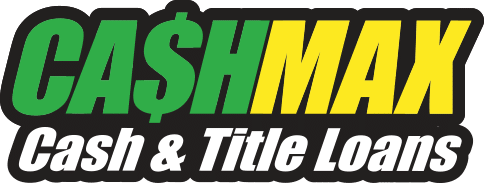Have you wondered what it means to consolidate your debt. This helpful strategy allows you to combine several old debts into a single debt with a lower interest rate. This can lead to a shorter payoff period or make your current payments more manageable. There are several options available, so it is important to find a method that best suits your needs.
Debt Consolidation Methods

- Balance transfer card – The benefit of this option is the 0% introductory interest rate. There are a few drawbacks, however, such as interest payments after 12-18 months, a balance transfer fee, and the need for good to excellent credit.
- Home equity – Home equity offers a lower interest rate than an unsecured loan and you do not need good credit for this method. There are significant disadvantages with this option. If you do not pay off your debts, you could end up losing your home. Repayment terms are also lengthy, sometimes 10 years or more.
- 401(k) loan – This type of loan is not included on your credit report. With this method, you borrow the money from yourself, and it has a lower interest rate than an unsecured loan. Consequently, a 401(k) loan cuts down your retirement fund, and there are large fees if you are unable to repay the loan. If you happen to leave or lose your job, you must pay the loan back within 60 days.
- Unsecured personal loan – This type of loan has a fixed payment period, monthly payment, and interest rate. There is usually an origination fee with an unsecured loan, and you have to have excellent credit to receive the lowest rates.
Breakdown of Options
- With a 0% balance transfer credit card, there is no interest during a promotional period, and you can transfer all of your other credit card balances to this one card. To qualify, you will most likely need a credit score above 690. This method is great if you make a budget to eliminate your debt during that interest-free introductory period.
- If you own a home, you have the option to take out a line of credit or a loan on the equity in your home. A line of credit works much like a typical credit card and has a variable interest rate. A home equity loan has a fixed interest rate, and it is a lump sum loan.
- If your employer sponsors your retirement account, it may not be the best option to select a 401(k) loan unless you have already ruled out other methods. A major benefit is that a 401(k) loan will not appear on your credit report, but penalties and taxes are extensive if you are unable to pay back the loan.


